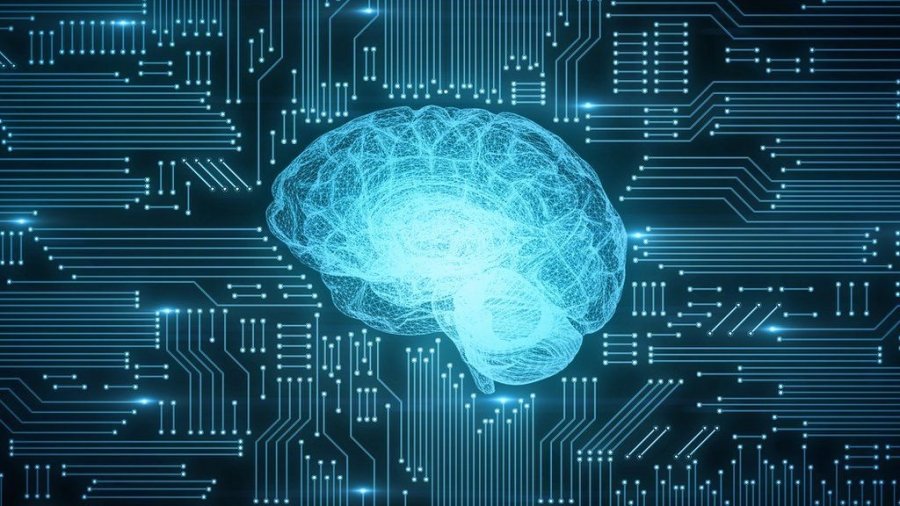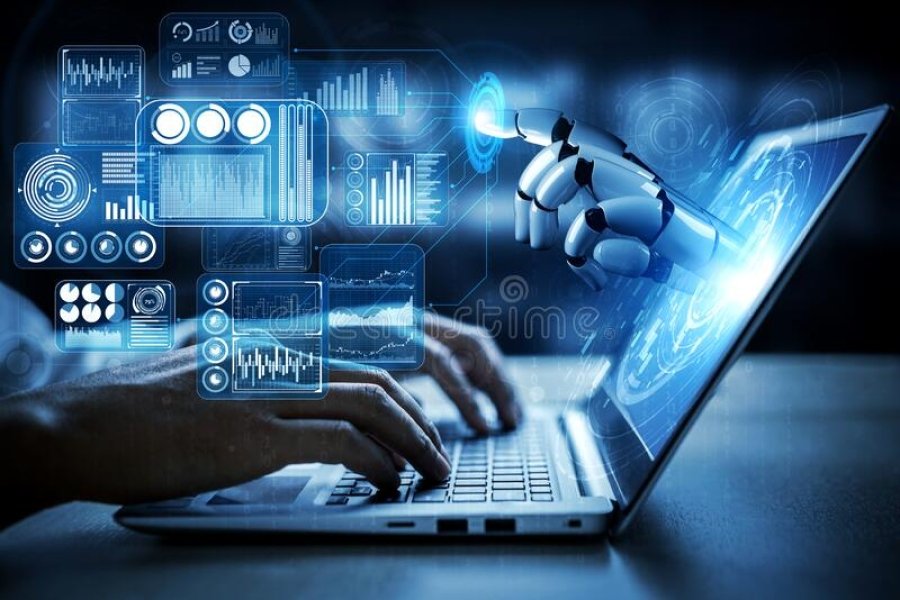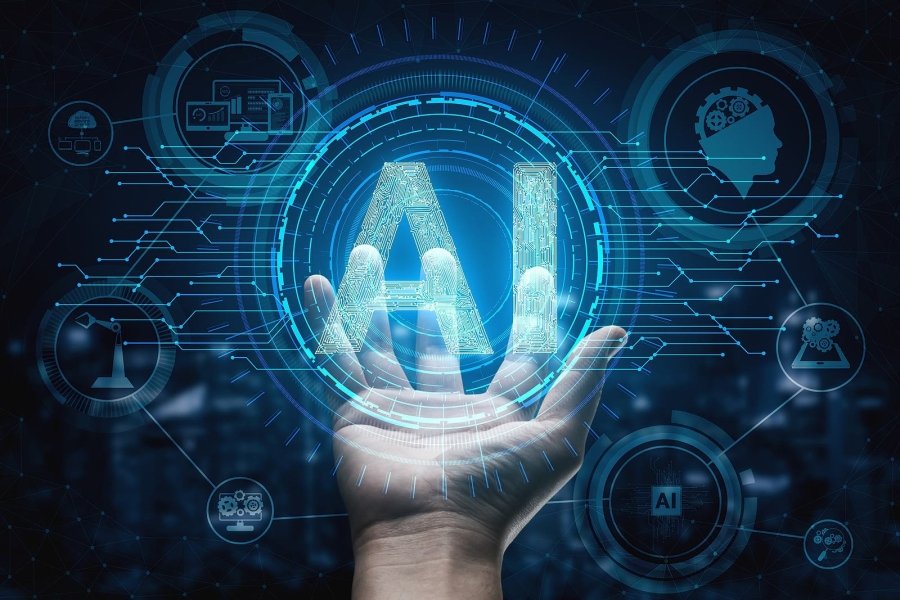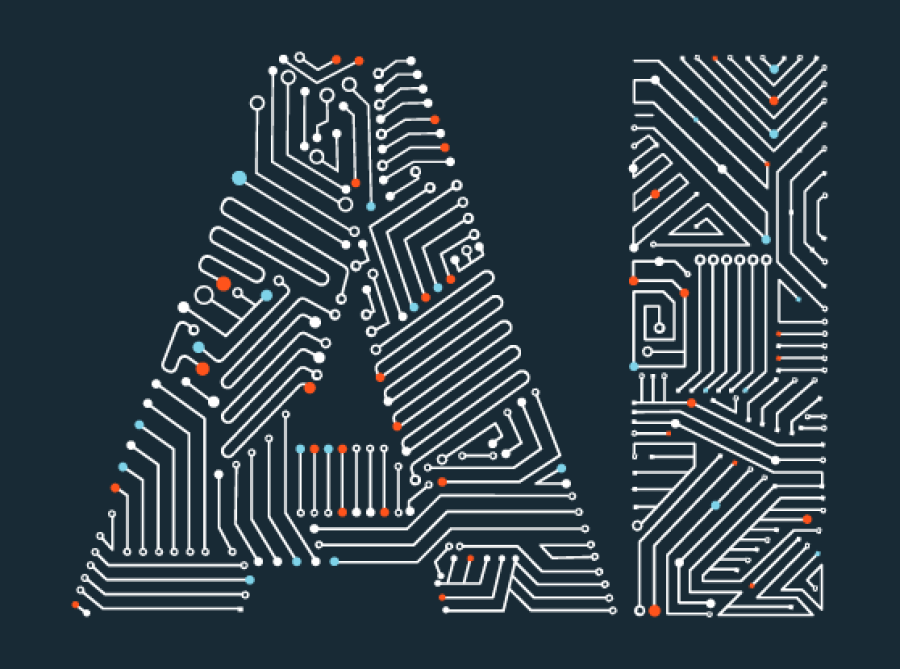What You Need to Know about AI
AI, or artificial intelligence, is quickly becoming a part of everyday life. From self-driving cars to automated customer service, AI is increasingly becoming a factor in our day-to-day lives. It's important to understand what AI is, how it works, and the potential impact it can have on our lives. In this blog post, we will explore what AI is, what AI can do, and how it can affect our lives. We will also look at the potential implications of AI technology and the ethical considerations that need to be taken into account when using AI.
What is AI?
AI, or Artificial Intelligence, is a type of computer software that is designed to mimic human intelligence and behavior. AI is often used to automate tasks that would typically be performed by humans, such as facial recognition, data analysis, and decision making. AI can also be used to create complex algorithms for a variety of purposes, such as medical diagnosis and autonomous vehicle navigation. AI is rapidly becoming an essential tool in many industries, from healthcare and finance to manufacturing and retail. AI is transforming the way we work and live, as it enables us to solve problems faster and more accurately than ever before. AI can be used for both good and bad purposes, so it is important to understand how it works and the potential risks associated with its use.
What are the benefits of AI?
AI, or artificial intelligence, has the potential to be one of the most revolutionary technological advances of our time. AI promises a world where machines can take on complex tasks traditionally handled by humans, such as interpreting data, diagnosing medical conditions, or controlling vehicles.
AI systems can save time and money by automating mundane and repetitive tasks. This can increase efficiency and reduce human error. AI can also be used to improve customer service by providing faster and more accurate responses to customer queries. In addition, AI can help businesses analyze vast amounts of data to make better decisions and optimize their processes.
AI also has the potential to improve healthcare by providing more accurate diagnoses, more personalized treatments, and faster detection of illnesses. In addition, AI can enable more efficient disease prevention by monitoring patient health and identifying early signs of illness.
Finally, AI has the potential to improve safety by helping to control dangerous and unpredictable systems, such as autonomous vehicles. By using AI, these systems can be better equipped to identify potential hazards and take appropriate action in a timely manner.
AI can also be used to detect cyber-attacks before they become successful. This will allow companies to protect themselves from malicious hackers and keep their sensitive information secure.
AI could potentially revolutionize many industries, such as finance, retail, education, entertainment, and transportation. Through machine learning algorithms, AI could offer more customized services for customers and enable companies to process information quickly and accurately. Moreover, AI could automate many low-level jobs which would free up employees to focus on more important tasks that require higher levels of creativity and innovation.
AI can bring significant advantages to our society but it is important to recognize its potential risks as well. As AI becomes increasingly sophisticated, it could eventually gain access to large amounts of personal data which could potentially put people’s privacy at risk. Additionally, there is always the possibility that AI could be misused by malicious actors with malicious intent.









Comments (0)